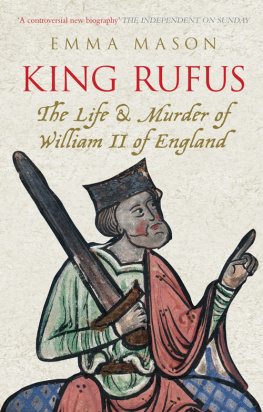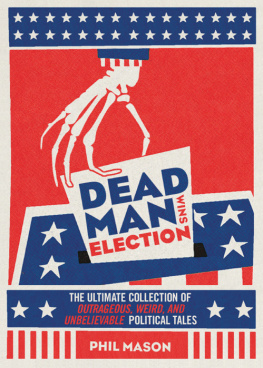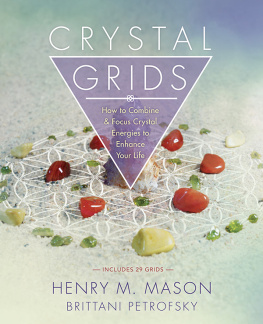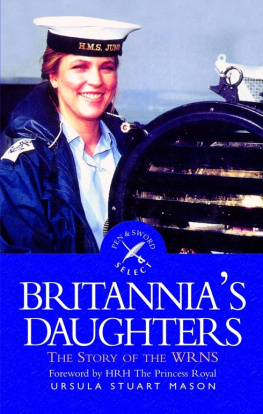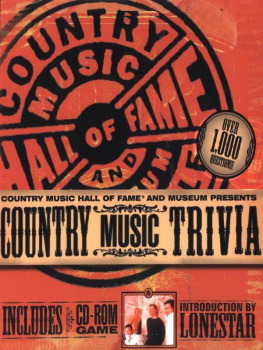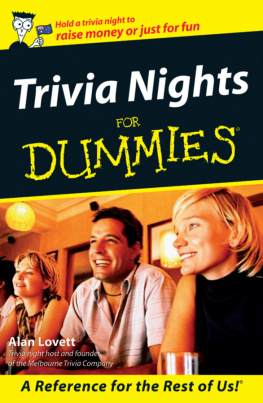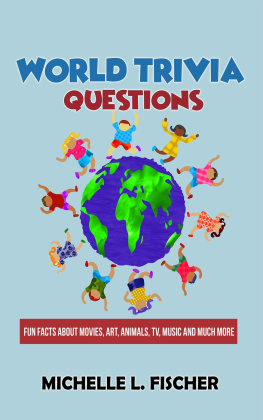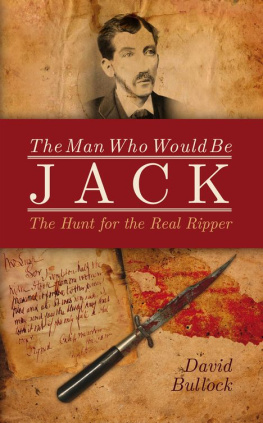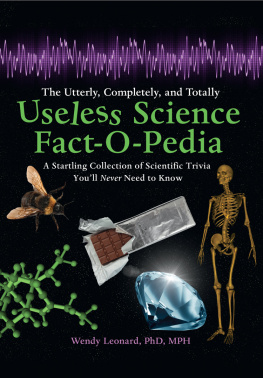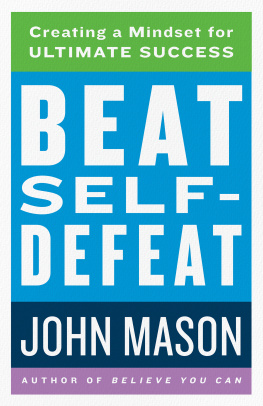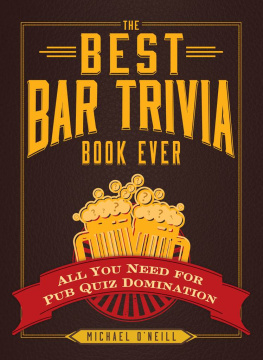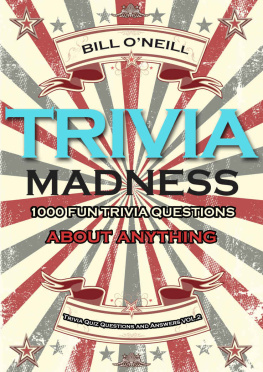Thank you to everyone who helped during my search for theperfect fact. Particular gratitude goes to Simon Baron-Cohen,Emrah Duzel and Arthur I. Miller, three professors whoundoubtedly had better things to do, but nonetheless found timeto show me just how significant trivia can be. I'm also gratefulto Vodafone for permission to quote the poster produced duringtheir association with the National Autistic Society.
Thanks to Richard for introducing me to Marcus, and Marcusfor introducing me to the Prince of Wales. (Chapter one revealswhy this is slightly less impressive than it sounds.) Thanks toDavid for telling me about Carlsberg Special Brew. Thanks to myparents for, amongst much else, buying me the Guinness Book ofRecords when I was ten, and to my brother for his travel advice,even though I ignored it and went to Blackpool anyway.
Thanks to my publishers I love the fact that Random Houseare publishing a book which argues the one thing trivia isn't israndom. And thanks as ever to Charlie Viney; I'm only sorrythe 'Apple logo' piece of trivia wasn't true.
But the greatest thanks must go, as they always do, to Jo. Ihope that one day my parallel parking might be worthy of her.
Introduction
The look or the noise. There's always either the lookor the noise.
The party's going well. You're on your second orthird drink, you've established how you both know James, you'refamiliar enough with the other person's job not to sound acomplete fool. Then they mention a works outing to the dogs.
You swap stories of bets made, money lost, how there reallyisn't form in greyhounds like there is in horses. It's all soundingfine... but you know what's bubbling up. You try to containit, keep it to yourself, smile and nod as the other person relateshow much they won by sticking to trap three. It's no good,though. That fatal two-second gap arises. You find yourselflooking them in the eye, opening your mouth... Stop, evennow it's not too late to STOP!... and saying, all casual-like,'Did you know the greyhound is the second-fastest-acceleratinganimal on the planet?'
That's when you get the look or the noise. It's the noise youwant: the intake of breath, hold for a count of two, the whooshas the air's expelled, possibly in the form of 'Wow' or 'Really?'The look is what you don't want: the marginal hardening ofthe stare, eyes glazing in discomfort, or even fear. Confusionregistering in every feature, a face that says, 'But I thought thisperson was normal?'
Whichever it is, you plough on. 'Have a guess,' you say,either to increase their surprise or combat their disapproval,'how many seconds a greyhound takes to go from nought toforty-five miles an hour?' If they made the noise, they'll thinkabout it seriously, relish the challenge, try to get it right. Theywill give (in my experience) an answer somewhere betweenthree and eight seconds. You hit them with the real answer one second and they do the noise again, only this time louder.If they gave you the look, though... This is where it finallygoes wrong. They give you another look, this time one of realpanic, awkwardness verging on disgust, as though you've justdone something unpleasant to the carpet. They mumble anexcuse, then rush to warn James that a nutter has gatecrashedhis party.
Trivia, they call it. And depending on whether or not 'they' likeit, other words are never very far away. 'Useless', for instance,applied nominally to the information itself, though with a not-very-well-hidden implication that the person spouting the informationis himself without use, or indeed worth. 'Fascinating' isanother. This gets used by a different group of people thosespouting the trivia in the first place. It seems the world is dividedinto two camps: the camp which loves the fact that a jiffy is thename given in computing to a hundreth of a second, and the campwhich doesn't.
The other word that's never very far away for obviouslinguistic reasons is 'trivial'. But it's more than the additionof a single letter. It's the question at the heart of all this: istrivia trivial? A certain successful board game has clouded theissue, or rather skewed the answer towards yes. But it's moreimportant than plastic cheeses and competitive uncles. Trivia,I'm convinced, has to say something about us, tell us at least alittle bit about who we are.
'Of what a strange nature is knowledge!' Mary Shelley hasthe monster say in Frankenstein. 'It clings to the mind, when ithas once seized on it, like a lichen on the rock.' Among thelichen clinging to my mind are:
- The stretch of road between the Strand and the Savoy hotelis the only public highway in Britain where you're legallyobliged to drive on the right.
- Pete Conrad was the first man to fall over on the moon.
- An HB pencil will draw a line 35 miles long.
- Countries at the United Nations are seated alphabetically,Afghanistan coming first, Zimbabwe last.
- John Lennon's first girlfriend was called Thelma Pickles.
- Hull City is the only one of the top 92 football clubs inEngland whose name contains no letters you can colour in.
For years I thought it was just me. Or at least just me and myfriends. Happily we gurgled away, telling each other that the Sin Harry S Truman didn't stand for anything,1 that Sting wroteEvery Breath You Take at the same desk where Ian Fleming satto write the Bond novels, that dolphins have more teeth thanany other mammal. For the currency of our discourse to be thisweird coinage called trivia didn't seem particularly significant.We just got on with it, relishing the facts we swapped, the factsthat had slipped down the back of life's sofa.
1. His parents disagreed over a middle name, but both their preferencesbegan with S, so they settled on a middle initial.
Then, a few years ago, things changed. A strange little bookcalled Schott's Original Miscellany was published, and proceededto fly off the shelves. BBC2 started broadcasting a programmecalled QI, which has spawned a website, a club and the bestsellingThe Book of General Ignorance. Now, from The Pedant'sRevolt through The Penguin Book of Facts


